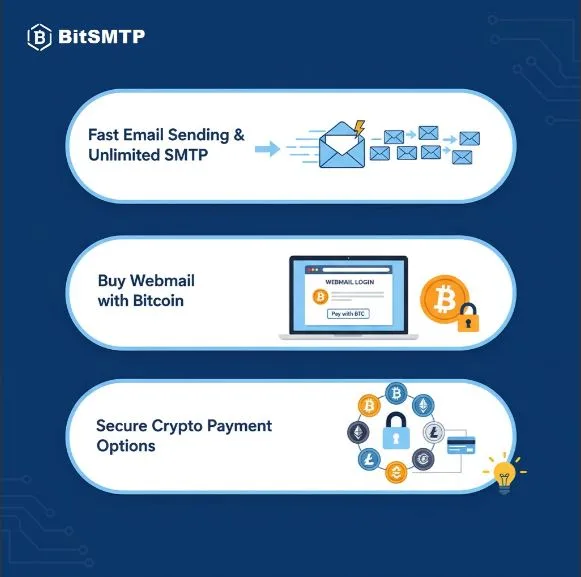How Port Agencies Are Evolving to Meet Modern Maritime Demands
The shipping industry, once seen as a slow-moving sector, has become one of the most adaptive players in global logistics. From rising trade volumes to stricter regulations and the growing importance of sustainability, today’s maritime operations require not just capable vessels—but capable port agencies to match.
Port agencies, the intermediaries between shipowners and local port authorities, have grown beyond their traditional roles. What was once a focus on port clearance and cargo coordination has now expanded into comprehensive, multi-functional support, ranging from crew welfare and legal compliance to vessel supply and emergency response.
As the stakes grow higher and port calls become more complex, having a skilled, responsive agency partner on the ground is more than a convenience—it’s a necessity.
The New Demands on Port Agency Services
The global nature of shipping has always required a degree of coordination and foresight. However, the last decade has introduced unprecedented challenges. Trade routes have become more dynamic, port congestion is on the rise, and ships are under increasing pressure to minimize downtime.
In response, port agencies have had to modernize. The expectations are no longer limited to filing paperwork and arranging berth reservations. Now, agencies are expected to provide real-time updates, cost optimization strategies, and hands-on operational support.
For ships calling at ports in the Middle East, particularly the UAE, this level of service is non-negotiable. The region’s ports are among the busiest in the world, and navigating them smoothly requires intimate knowledge of local regulations and administrative structures. This is where UAE-based port agency experts prove invaluable—offering not just logistics coordination but insights and connections that save time and reduce operational risks.
Streamlining Operations Through Local Expertise
One of the key roles of a port agency is to act as a local representative for international shipping lines. But this isn’t just about speaking the language or knowing who to call. It’s about understanding how the local system works—what procedures are strict, where flexibility is possible, and what documentation needs to be flawless to avoid delays.
This local expertise becomes especially useful when dealing with short port stays, time-sensitive cargo, or vessels transiting through tight schedules. A knowledgeable agency can ensure that everything from customs clearance to fresh water supply is coordinated efficiently, leaving no room for costly errors.
Moreover, their connections with port authorities, marine service providers, and immigration officials allow them to troubleshoot issues quickly—often before they become problems.
Crew Support: A Growing Area of Focus
While the movement of goods is the backbone of maritime trade, the wellbeing of the crew is just as critical. Ensuring that seafarers are taken care of during port stays is part of a port agency’s evolving responsibilities.
This includes arranging transportation, handling crew changes, managing documentation, and even sourcing durable uniforms for ship crew, especially in regions where proper attire is essential due to safety, climate, or regulatory requirements.
The emphasis on crew welfare also extends to health services, leisure options during shore leave, and psychological support when needed. Port agencies that prioritize this aspect of service gain the trust of both vessel operators and seafarers—creating smoother interactions and fostering long-term relationships.
Compliance and Regulation: A Moving Target
Maritime laws are never static. With the International Maritime Organization (IMO) constantly updating guidelines—especially around sustainability, safety, and labor rights—shipowners face the ongoing challenge of staying compliant in every port they visit.
Port agencies act as the first line of defense in this regard. They keep their clients informed about local and international regulations, offer guidance on required documentation, and coordinate inspections or audits when necessary.
Whether it’s emissions reporting, ballast water management, or crew certification, having a port agent who is up to date with compliance issues can be the difference between a smooth visit and a costly violation.
Technology as a Strategic Tool
Digitalization is no longer optional in the maritime industry. From port community systems to digital customs platforms, port operations are increasingly tech-driven. Leading port agencies have begun integrating real-time tracking, digital invoicing, and automated scheduling into their service offerings.
This not only improves transparency but also allows shipping companies to plan better and reduce idle time. Clients today expect more than just physical support—they expect digital coordination and data-driven insights.
Agencies that are early adopters of technology tend to lead the pack, offering clients a competitive edge in an industry where margins are tight and time is precious.
Why Choosing the Right Port Agency Matters
In an industry built on precision, trust, and speed, selecting the right port agency partner is crucial. A well-connected and responsive agency can streamline your operations, help you avoid regulatory headaches, and ensure your crew is supported every step of the way.
On the other hand, working with an inexperienced or outdated agency can result in delays, miscommunication, and unnecessary costs. The choice you make can have lasting implications for your operations and your brand reputation.
Final Thoughts
The modern port agency is no longer just a service provider—it’s a strategic partner in global shipping. Whether it’s optimizing port calls, managing crew logistics, or navigating the ever-changing regulatory landscape, today’s agencies are expected to deliver far more than before.
For shipowners and operators working in and around the Gulf region, partnering with UAE-based port agency experts is a smart move—bringing local insight, regulatory expertise, and logistical precision into one seamless service. As global trade continues to evolve, the agencies that rise to the challenge will be those that combine traditional maritime know-how with forward-looking adaptability.




